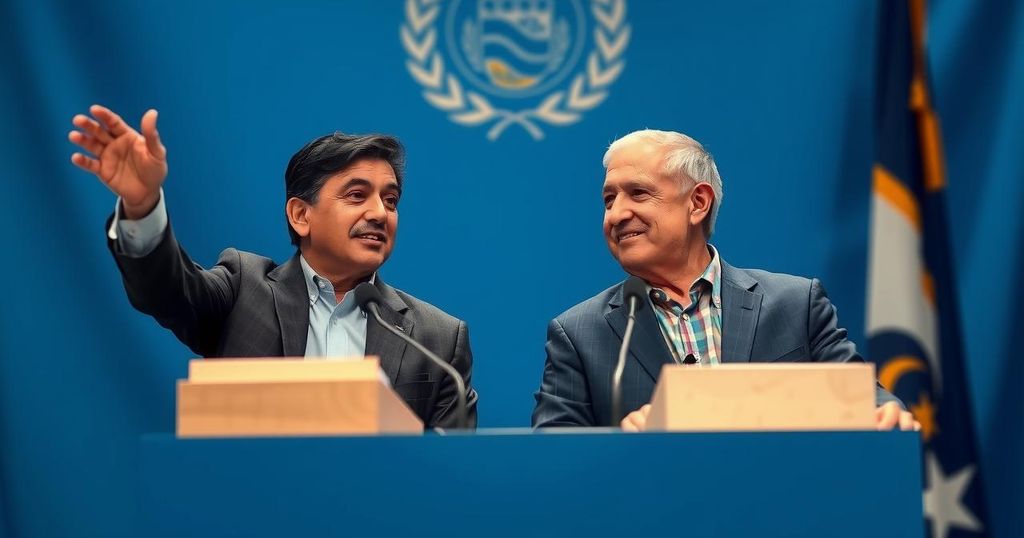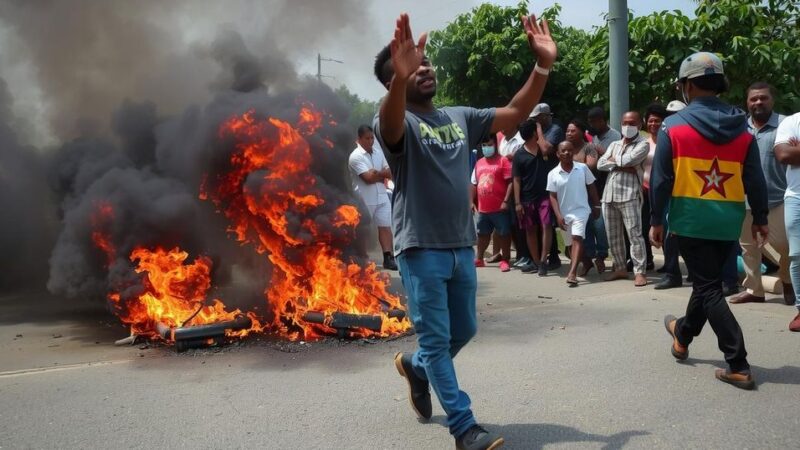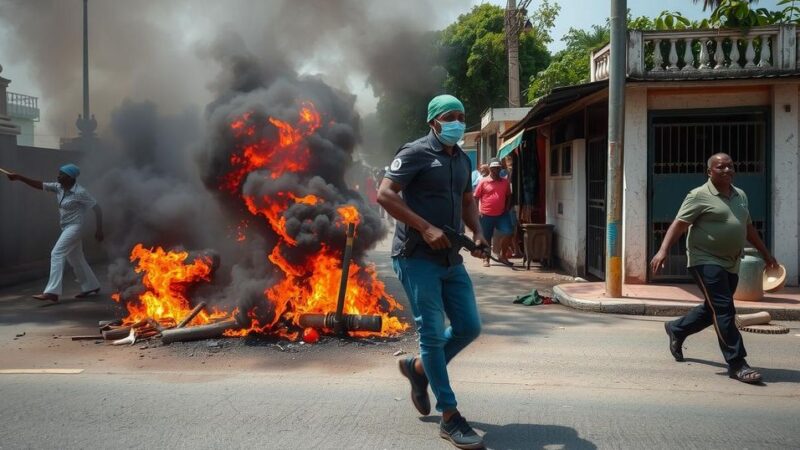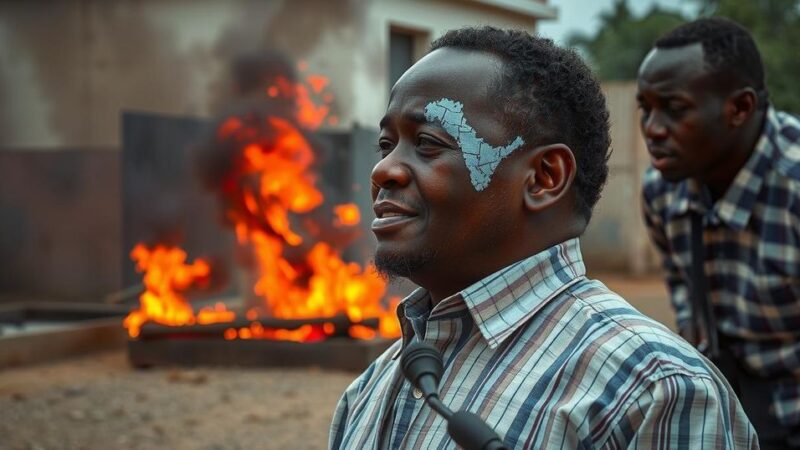Uruguay held presidential elections featuring two moderate candidates, Álvaro Delgado and Yamandú Orsi, amidst a backdrop of high voter turnout and a non-contentious climate. The election reflected stability unlike its regional counterparts, with the social security referendum emerging as a principal issue. Political analysts noted the significance of Uruguay’s political consensus, marking a unique moment in a tumultuous Latin American landscape as the country continues to uphold its democratic values.
On Sunday, Uruguay conducted a presidential election characterized by the candidacies of two moderate candidates, reflecting the country’s longstanding tradition of political stability amidst regional turmoil. The election, which drew participation from approximately 2.7 million eligible voters, concluded with the incumbent conservative coalition and its center-left challenger facing off, alongside parliamentary and contentious social security referendum votes. Electoral officials reported an impressive voter turnout exceeding 88%, a reflection of Uruguay’s compulsory voting laws. Polling results are anticipated to be released shortly. The social security referendum, projected to affect the country’s fiscal deficit significantly, garnered more attention than issues such as child poverty, education, and security. As both presidential candidates share broad agreement on various concerns, transformative changes in governance are not anticipated, as Uruguay has been revered as a bastion of democracy in the region. Political analyst Juan Cruz Díaz remarked, “In a way, Uruguay has been boring, but boring in this sense is very good,” highlighting the stability amid tumultuous political climates in neighboring countries. Unlike the tumultuous campaigning observed in other nations in the region, both parties interacted amicably, signifying a unique political atmosphere split between conservatism and center-left governance. Álvaro Delgado, the candidate from the ruling coalition and former chief of staff to President Luis Lacalle Pou—whose term limit prevents him from seeking reelection—expressed the spirit of the election, noting, “We voted with joy in a very special election, appreciating this democracy that makes us proud.” His principal rival, Yamandú Orsi from the Frente Amplio coalition, expressed pride in Uruguay’s democratic continuity, stating, “Uruguay has had the happiness for 40 uninterrupted years … the happiness that our citizens can elect their leaders.” Concurrently, political newcomer Andrés Ojeda attempted to engage young voters with innovative and dynamic campaigning, though he found himself trailing in public interest. The campaigns illuminated societal concerns regarding crime rates and educational challenges, but a lack of distinct political division contributed to a general sense of apathy among the electorate. Ultimately, the referendum to overhaul the social security system is expected to be more contentious than the presidential vote, as the candidates oppose the $23 billion proposal which aims to reduce retirement age and enhance public retirement benefits. The voters’ decision is poised to stimulate debates concerning the equitable distribution of resources in the country. In summary, the Uruguayan elections epitomize a rare moment of consensus and stability in a region vulnerable to polarization. With elections wrapping up in a day characterized by unity, it showcases Uruguay’s commitment to democratic principles and a desire for responsible governance.
Uruguay has long been recognized for its political stability and functioning democratic system, particularly within the tumultuous context of Latin America, where other nations struggle with division and instability. The country has historically emphasized the importance of civil rights, social progress, and consensus-based governance. Recent elections were marked by a high voter turnout and a lack of vitriol relative to other nations, indicating a general sense of satisfaction among the populace with existing governance.
The elections in Uruguay underscore the nation’s robust democratic traditions and the moderate political landscape that distinguishes it from its neighboring counterparts plagued by division and unrest. With high voter turnout reflecting active civic engagement, the stability reinforced through these elections highlights the populace’s commitment to maintaining democratic institutions and governance based on consensus.
Original Source: www.pbs.org







